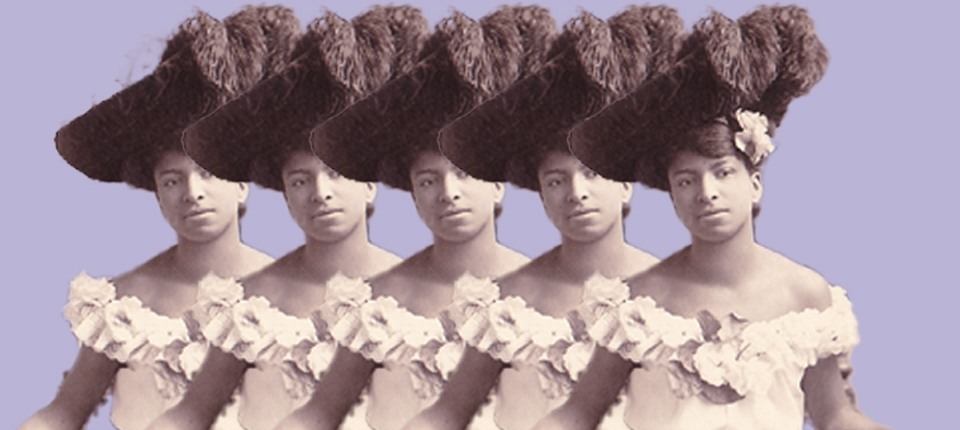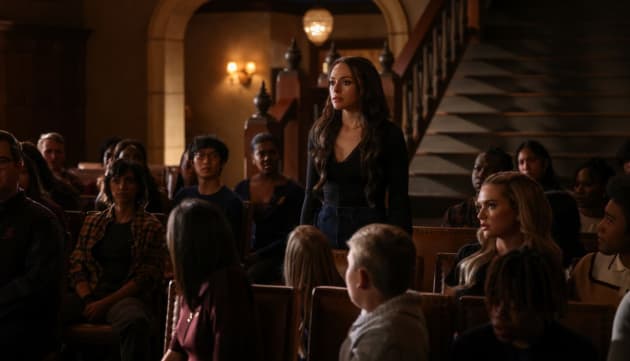The Best of the Literary Internet, Every Day

TODAY: In 1883, American storyteller and poet Daisy Turner is born in Grafton, Vermont to freed slaves. Later in life, she becomes well-known for her oral recordings of her family’s history.
- “If journalism is not a crime, then it should not be treated as a crime by any government for any journalist.” Steven W. Thrasher on why American journalists should be outraged about Palestinian journalists jailed in Israel. | Lit Hub Politics
- “Tony and Maureen’s trip to India and beyond went on to inspire a business that would tap into the restless power of their generation.” Paige McClanahan on how Lonely Planet revolutionized travel. | Lit Hub Biography
- Julia Malye explores her relationships with French and English and reflects on what it means to write a novel in two languages. | Lit Hub Craft
- Who’s powering your algorithm? Madhumita Murgia on the labor issues underscoring AI and the undervalued data workers who carry the industry. | Lit Hub Technology
- Nadina Galle on how New York City inspired urban greenery around the world: “In a city better known for its glass and steel towers, trees outnumbered the skyscrapers more than 500 to 1.” | Lit Hub Nature
- Rachel Cusk’s Parade, Francine Prose’s 1974, and Andrew O’Hagan’s Caledonian Road all feature among the best reviewed books of the week. | Book Marks
- Read “YouTube Comments on My Marriage,” a poem by Cristine Brache: “Who else thinks of their crush when reading this? / The one that doesn’t stop catching and keeping your soul.” | Lit Hub Poetry
- Sometimes good writing takes a good soundtrack. Bobby Finger lays out how to set the right ambiance for work. | Lit Hub Craft
- DW Gibson looks back at how activists planned the Seattle WTO protests: “You have to create a media situation so that the cops or the loggers themselves don’t do something really bad, just attack you in the middle of the night.” | Lit Hub History
- “Sparrow liked him. It seemed incredulous to Obiefuna, almost surreal, and, as the days lengthened into a week, with striking up conversation with him when they crossed paths in public…” Read from Chukwuebuka Ibeh’s new novel, Blessings. | Lit Hub Fiction
- On The Zone of Interest, domestic life, and Hannah Ardent’s discussion of the “banality of evil.” | The New Inquiry
- “I long to spend all my hours with the children and without them, simultaneously, forever.” Meghan O’Rourke considers ambivalence. | Poetry
- Richard Kelly Kemick on the challenge and humanity of finishing a dead person’s novel. | The Walrus
- “Billymark’s West was a normal bar. That was its greatest virtue, probably.” Sophie Haigney on wishing you could go back. | The Paris Review
- Benjamín Labatut traces AI’s intellectual predecessors and the “terror born of great advances that seem to suggest that, if we are not very careful, we may—with our own hands—bring forth a future where humanity has no place.” | Harper’s
- On how New York’s first Black librarians transformed how we read. | The New York Times
Article continues below
























































